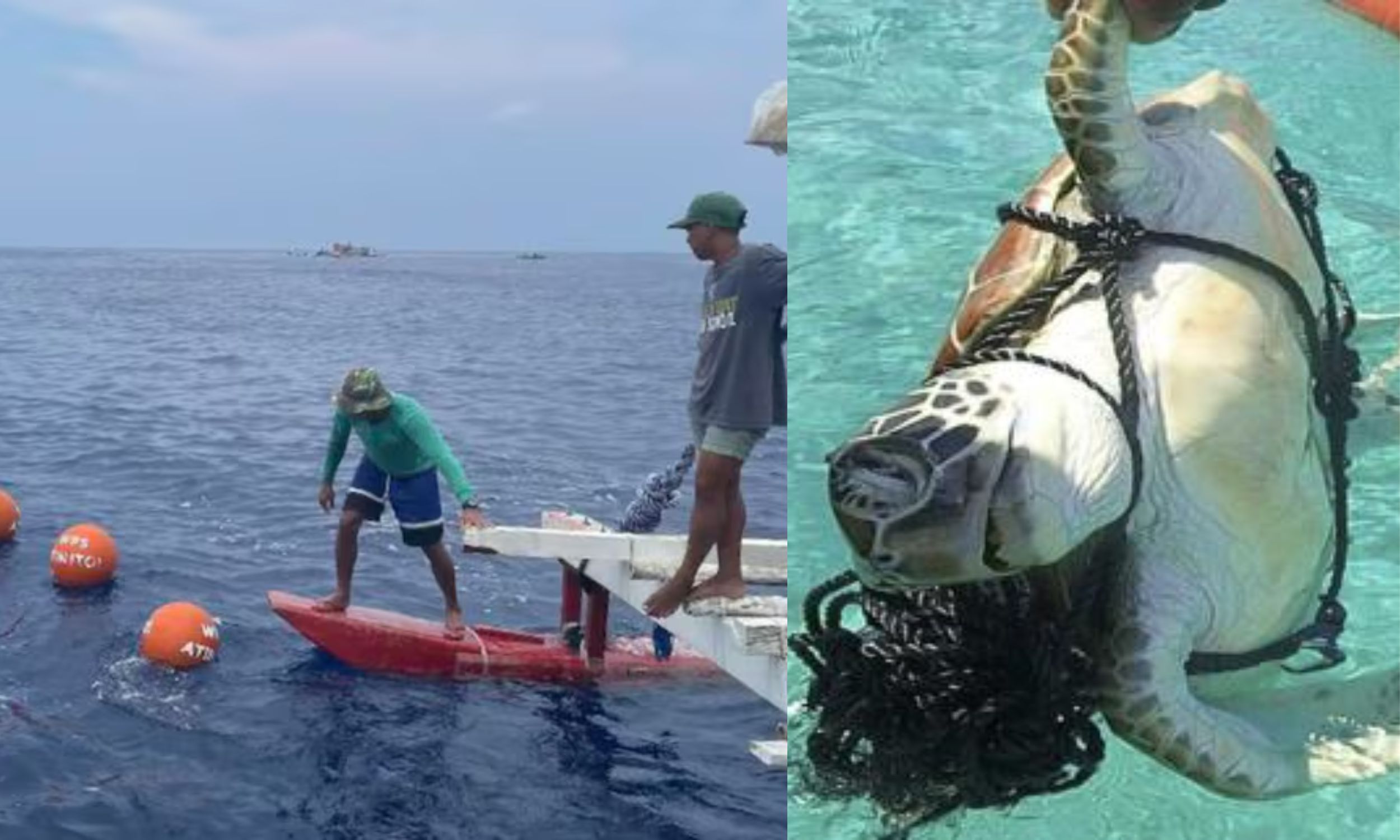The Philippines has accused Chinese fishermen of causing significant environmental damage by harvesting giant clams from the Scarborough Shoal, a disputed area in the South China Sea controlled by China.
The Philippine Coast Guard showed surveillance images revealing Chinese fishermen gathering numerous giant clams over several years. While these activities seemed to cease in March 2019, the nearby coral exhibited substantial damage, presumably caused by ongoing clam searches.
Philippine Coast Guard spokesperson Commodore Jay Tarriela expressed alarm over the situation, noting that the clams were the last remaining ones in the area, known locally as Bajo de Masinloc and to the Chinese as Huangyan Dao.
National Security Council Assistant Director General Jonathan Malaya called for an independent inquiry by experts from the United Nations and environmental groups to assess the environmental damage.
The Chinese Embassy in Manila did not respond to these allegations. China has consistently claimed sovereignty over much of the South China Sea, leading to territorial disputes involving the Philippines, Vietnam, Malaysia, Brunei, and Taiwan. The Indonesian navy has also clashed with Chinese vessels in the Natuna waters, part of the South China Sea.

Giant Clams in Disputed Shoal
The Philippines has adopted a strategy of publicly highlighting China’s assertive actions in the contested waters to garner international support. The news conference was part of these efforts, condemning China’s handling of the Scarborough Shoal, which China effectively seized in 2012 following a standoff with Philippine government ships.
Since then, the Chinese Coast Guard has had numerous confrontations with Philippine vessels, preventing them from entering the shoal’s lagoon. Recently, Chinese ships used water cannons to damage Philippine coast guard and fisheries vessels.
Malaya stated that the Philippines might request third-party environmental groups or the United Nations to conduct a fact-finding mission to assess the environmental damage.
The Philippines has previously brought its territorial disputes with China to international arbitration and largely won in a 2016 ruling. The arbitration invalidated China’s expansive claims to much of the South China Sea and cited Chinese actions causing environmental harm. However, China rejected the ruling and continues to defy it.
These territorial tensions have raised concerns about potential conflict involving the United States, which has pledged to defend the Philippines, its treaty ally, in case of an armed attack on Filipino forces, ships, or aircraft in the South China Sea.























